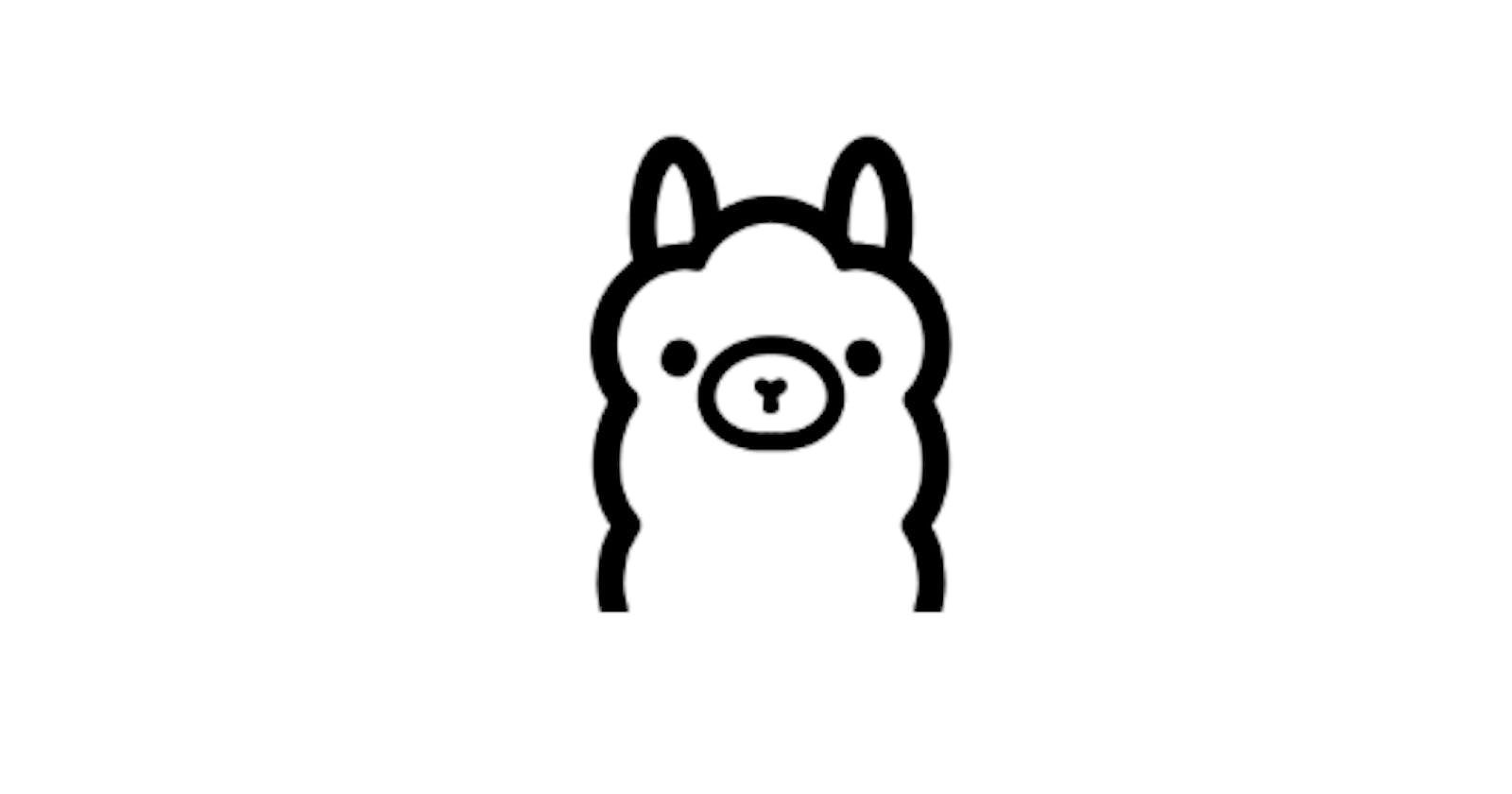In the vast realm of artificial intelligence and language processing, the accessibility of powerful language models has been a game-changer. Ollama, a cutting-edge project, takes this accessibility to a whole new level by enabling anyone to utilize and run open source large language models (LLMs) directly on their computers. What's more, Ollama empowers users to customize these models for specific tasks, opening up a world of possibilities for tailored language processing.
Unveiling Ollama
At the heart of Ollama is a mission to make large language models accessible locally. The project offers a seamless experience across various operating systems, including macOS, Linux, and Windows (coming soon). Users can even leverage Docker for a convenient and containerized deployment
Quickstart Guide
For macOS users, a straightforward download link is provided. Linux users can kickstart the installation process with a single command:
curl https://ollama.ai/install.sh | sh
Detailed installation instructions, including manual setup for Linux, can be found here.
Exploring the Model Library
The richness of Ollama's model library opens up a world of possibilities. From Neural Chat to Starling and Mistral, users can easily download and run a variety of open-source models tailored to their specific needs. The project provides clear commands for each model, making the process straightforward for users with varying levels of technical expertise.
Here's a glimpse of some exemplary open-source models along with their respective download commands:
| Model | Parameters | Size | Download |
| Neural Chat | 7B | 4.1GB | ollama run neural-chat |
| Starling | 7B | 4.1GB | ollama run starling-lm |
| Mistral | 7B | 4.1GB | ollama run mistral |
| Llama 2 | 7B | 3.8GB | ollama run llama2 |
Tailoring Models to Your Needs
Ollama's true strength lies in its customization features, empowering users to tailor language models to their unique requirements. The project's documentation provides clear steps for importing models from GGUF, PyTorch, or Safetensors, offering flexibility and versatility in model selection.
Models from the Ollama library can be finely tuned with a prompt. The README illustrates this process using the llama2 model:
ollama pull llama2
Create a Modelfile:
FROM llama2
# Set the temperature to 1 [higher is more creative, lower is more coherent]
PARAMETER temperature 1
# Set the system prompt
SYSTEM """
You are Mario from Super Mario Bros. Answer as Mario, the assistant, only.
"""
And with that, you've successfully personalized the llama2 model.
Empowering the Developer Community
Ollama has garnered a vibrant community of developers who have extended its functionality and integrated it into various applications and platforms. From web and desktop interfaces to terminal plugins, package managers, and even mobile applications, Ollama has left an indelible mark on the landscape of AI development.
Future-Forward with REST API
Ollama extends its capabilities with a REST API, providing developers with additional flexibility to run and manage models programmatically. The API documentation offers insights into the various endpoints, allowing for seamless integration into custom applications.
Community Integrations
Explore the plethora of community integrations, including web and desktop UIs, terminal enhancements, libraries for various programming languages, mobile applications, and extensions/plugins for popular platforms like Obsidian, Logseq, and Discord.
Conclusion
In a world where language models play a pivotal role in diverse applications, Ollama stands out as a project that democratizes access and customization. By bringing large language models to local machines and encouraging users to shape them according to their needs, Ollama sparks innovation and creative exploration. Dive into the Ollama experience, experiment with customization, and unlock a world of linguistic possibilities right from your own device. Ollama is not just a project; it's an invitation to explore, create, and redefine the boundaries of what's possible in the realm of language processing.
